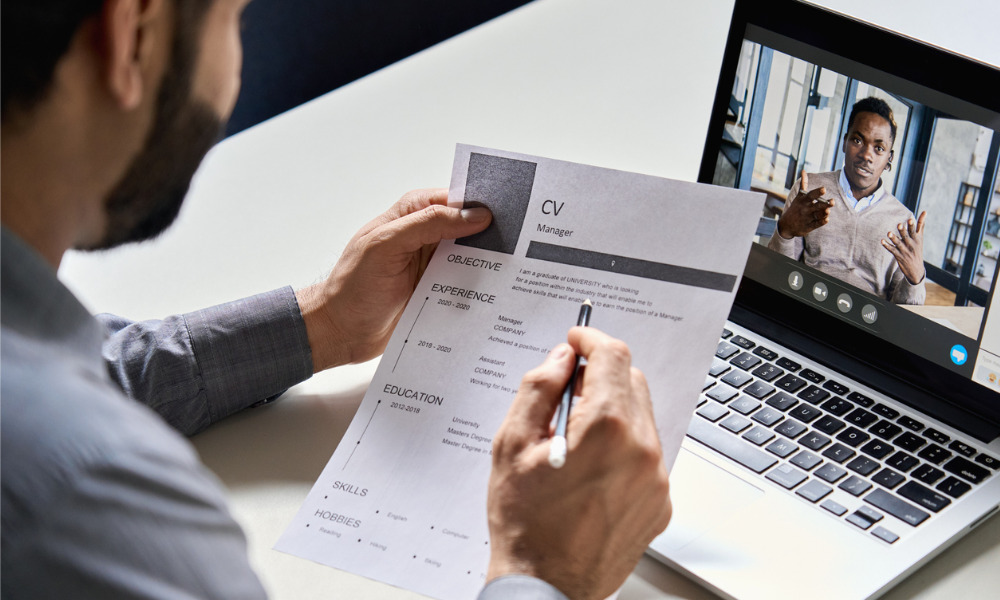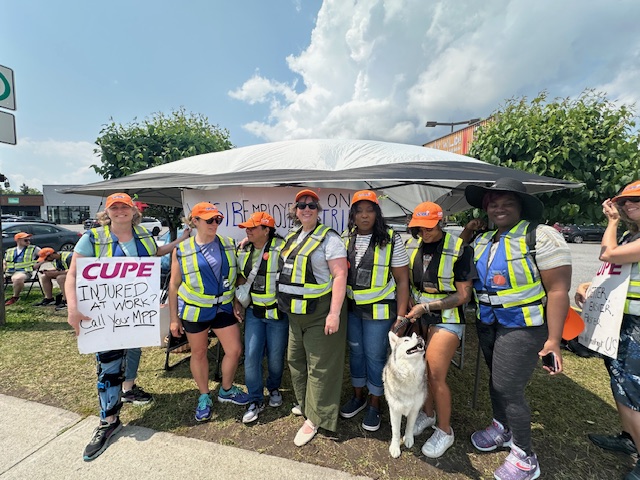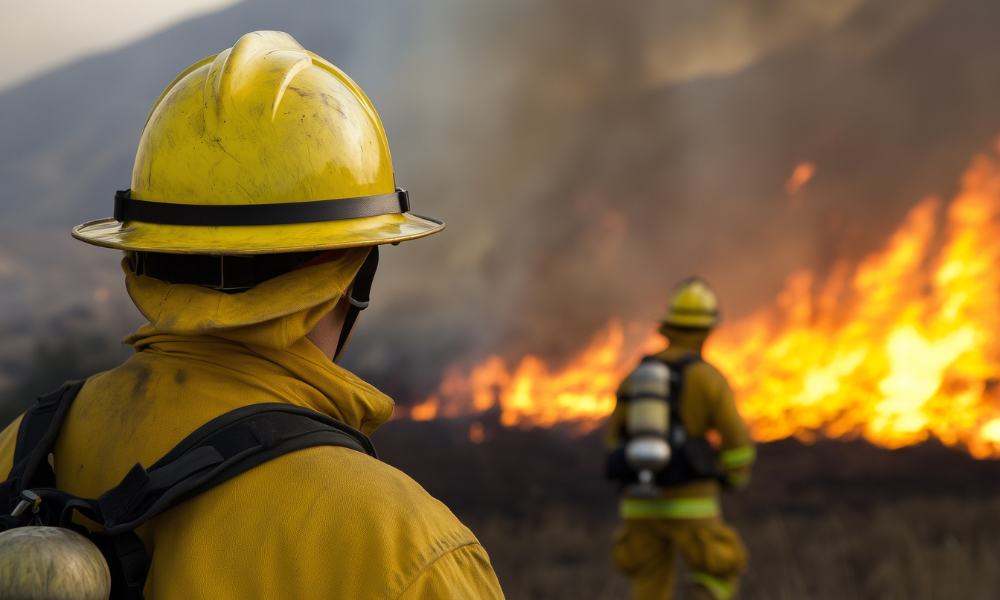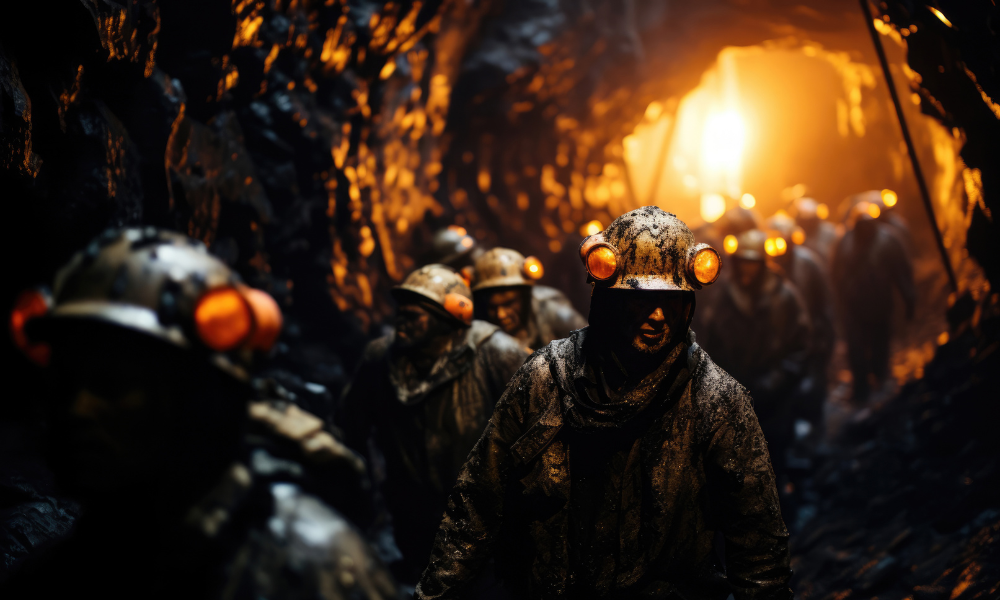A must during the pandemic, are video interviews here to stay?

The process of hiring has evolved through the course of the pandemic. Employers have had to take extra steps to ensure that prospective employees are interviewed in the safest conditions possible. Many have shifted to digital platforms to respect current health and safety measures, with more or less successful results.
Scott Wilson, CEO of Banty, says that he was never really one for video interviews.
“I’m a person who really like to meet people to shake hands to have a human connection […] but when COVID hit, essentially there was just no choice – we had to use these platforms.”
Indeed, says Wilson, there were periods of time where many companies weren’t even legally allowed to interview someone in person.
Efficient
Now, a year into the pandemic, Wilson says that he find video interviewing to be much more efficient.
“We want to make sure that we make the right choice, because where you hire somebody there’s a lot of time, money and effort involved in vetting that person. And there’s a lot of human emotions involved in bringing somebody into your organization.”
And he found that even through the digital platform, he was able to get to know prospective employees.
Video interviews are an efficient way to hire, he says – certainly on the employer side Wilson says:
“We were able to interview more people through an afternoon by doing it virtually than we ever possibly could have done in person.”
For his company, Wilson says that video interviews are here to stay.
For interview candidates also, video interviews are efficient and cost-effective.
“When we did interview in person, some people would travel quite far or they would take public transit to come in and do the interview. Sometimes I would just feel bad if that person traveled for an hour to get there to see us if they weren’t the right candidate.”
And similarly to employers who can speak to multiple candidates in a day, candidates can also meet virtually with far more prospective employers during the day.
And aside from gains in efficiency, there are some other benefits too.
Health benefits
Though Canada’s vaccine campaign has been relatively successful thus far, there are still fears of a fourth wave that may hit in the fall. In addition, our understanding of COVID remains limited. Some scientists have stated that the virus may be here to stay, and that we will have to learn how to live with it in the long term.
And this is where video interviews may help.
“At the end of the day,” says Wilson, “as an organization do you really want, for example, 20 different people coming through your office every day during an interview process until you find the right candidate?”
The increase in flux could expose workers not only to COVID, but other illnesses like the flu or the common cold.
The downside of the virtual shift is that those in-person connections may be lost – but with COVID potentially here to stay in the long-term, video interviews may be a great option.
Cybersecurity
With a lot of the work process – including hiring – shifting to digital platforms, cybersecurity is more of an issue than ever before. This was certainly an issue at the start of the pandemic with the rush toward working from home. But over a year in, Wilson says that it may not so much of a problem as it was.
“I think businesses are taking [cybersecurity] a little more seriously, and they’re spending a bit more time and money on protecting themselves and training.”





